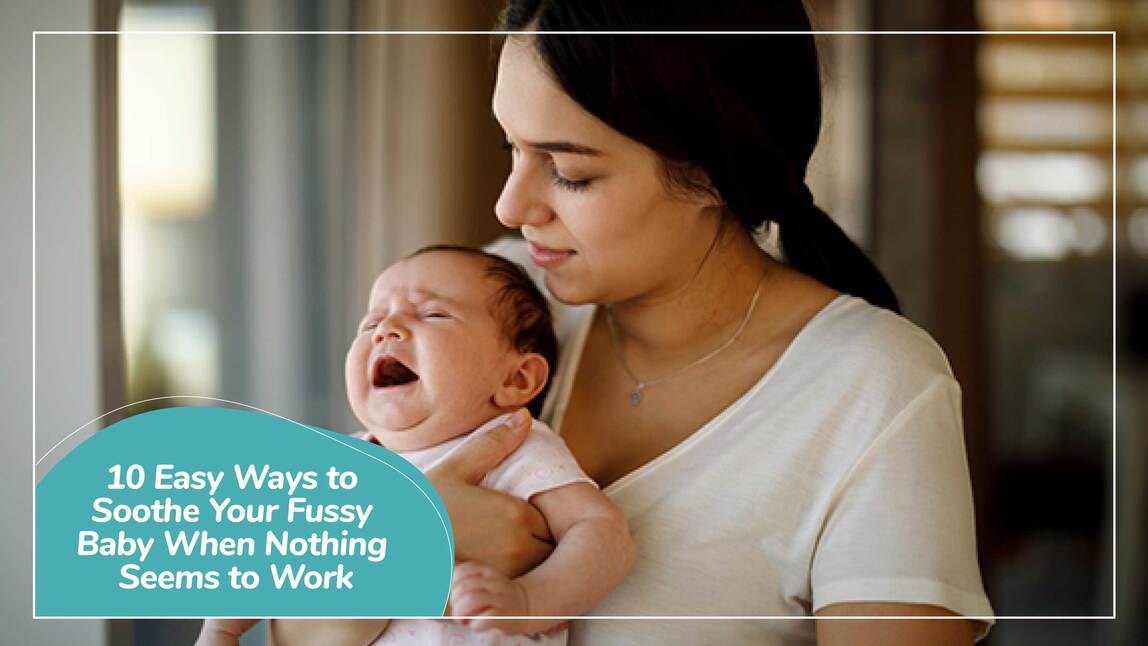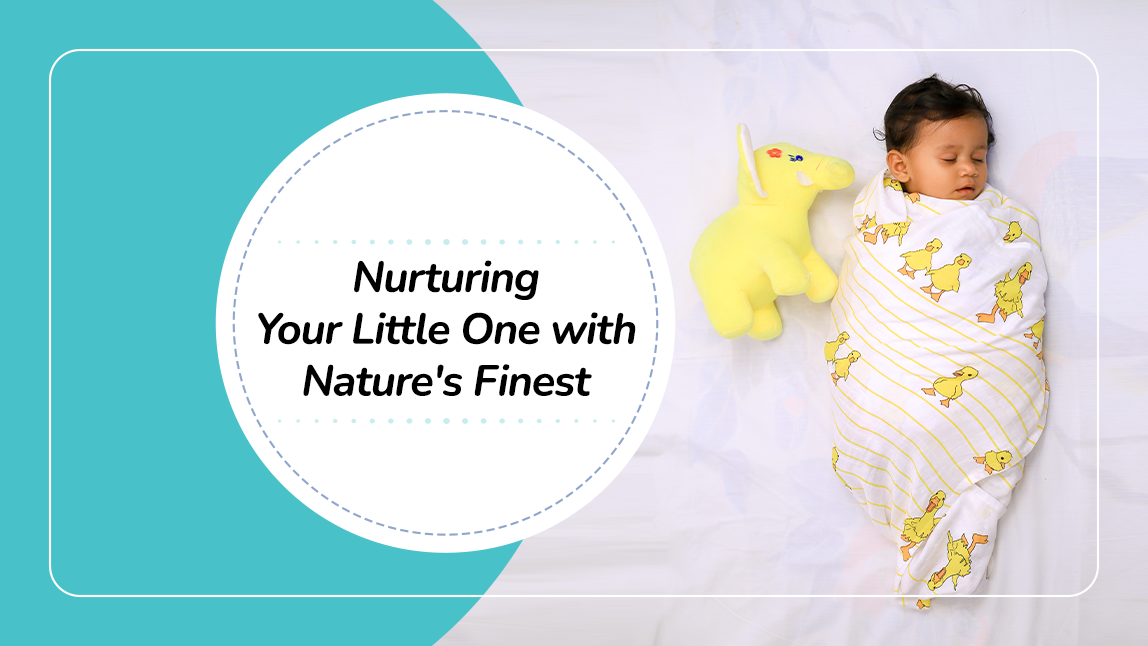Early cues are the signs and signals that babies give before they start crying. They can be physical, like sucking or rooting, or they can be behavioral, like fussing or squirming. Learning to recognize early cues can help parents to respond to their babies' needs before they become overwhelmed and start crying.
Here are some of the early cues that babies give:
Rooting: Babies will often root when they are hungry or need to be fed. They will turn their head towards anything that touches their cheek, and they may even start sucking on their fingers or hands.
Sucking: Babies will often suck on their fingers or hands when they are tired or stressed. This can help them to self-soothe and relax.
Fussying: Babies may start to fuss when they are uncomfortable or need something. They may make whiny or grunting noises, and they may start to squirm or move around.
Squirming: Babies may start to squirm when they are uncomfortable or need something. They may arch their back or try to turn away from you.
If you are able to recognize these early cues, you can respond to your baby's needs before they become overwhelmed and start crying. This will help to keep your baby calm and happy, and it will also help to build a strong bond between you and your child.
Here are some tips for responding to early cues:
Be attentive: Pay attention to your baby's body language and facial expressions. This will help you to recognize early cues before they become more pronounced.
Be responsive: When you see your baby giving early cues, respond quickly. This will help to prevent them from becoming overwhelmed and starting to cry.
Be patient: It may take some time to learn to recognize early cues. Be patient with yourself and your baby, and don't get discouraged if you don't get it right every time.
By following these tips, you can learn to recognize early cues and respond to your baby's needs before they become overwhelmed and start crying. This will help to keep your baby calm and happy, and it will also help to build a strong bond between you and your child.
Here are some additional tips for responding to early cues:
Try to identify the cause of the cue. Is your baby hungry, tired, uncomfortable, or need something else? Once you know what your baby needs, you can take steps to meet their need.
Be consistent. If you respond to early cues consistently, your baby will learn to trust that you will meet their needs. This will help them to feel secure and loved.
Be patient. It may take some time for you and your baby to learn each other's cues. Be patient and don't get frustrated if you don't get it right every time.
By following these tips, you can learn to respond to your baby's early cues in a way that is both helpful and nurturing.



